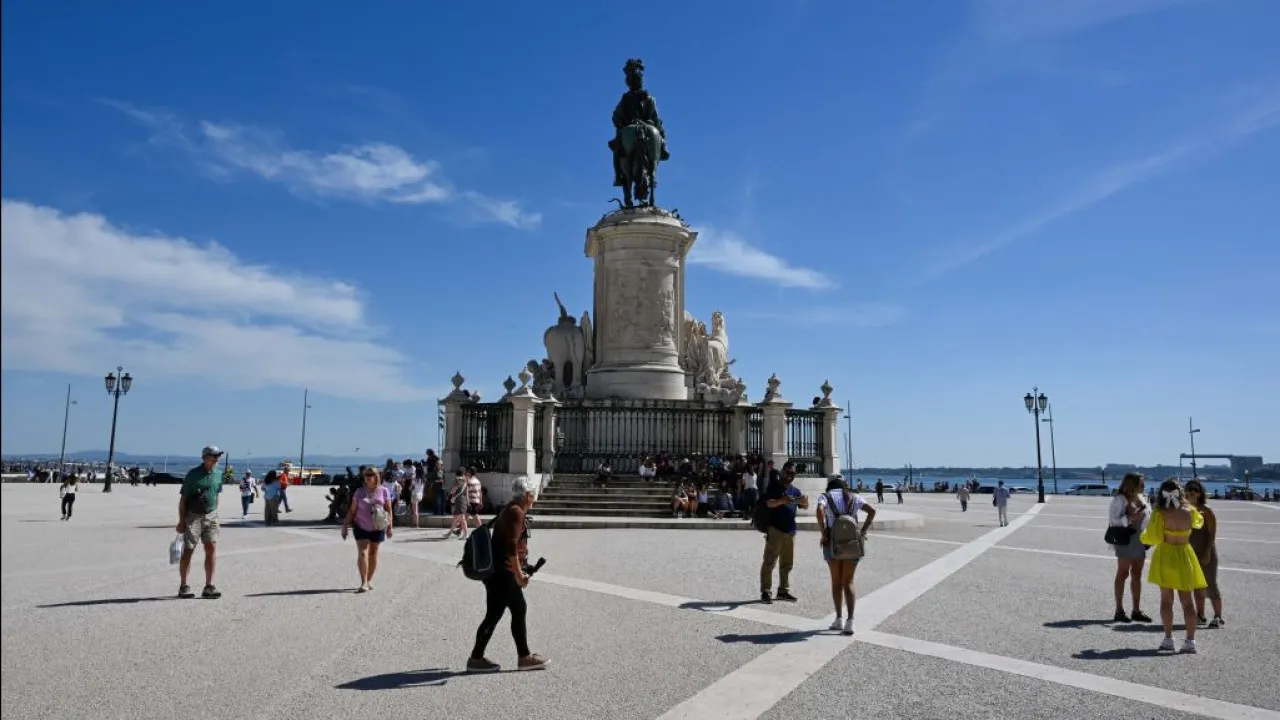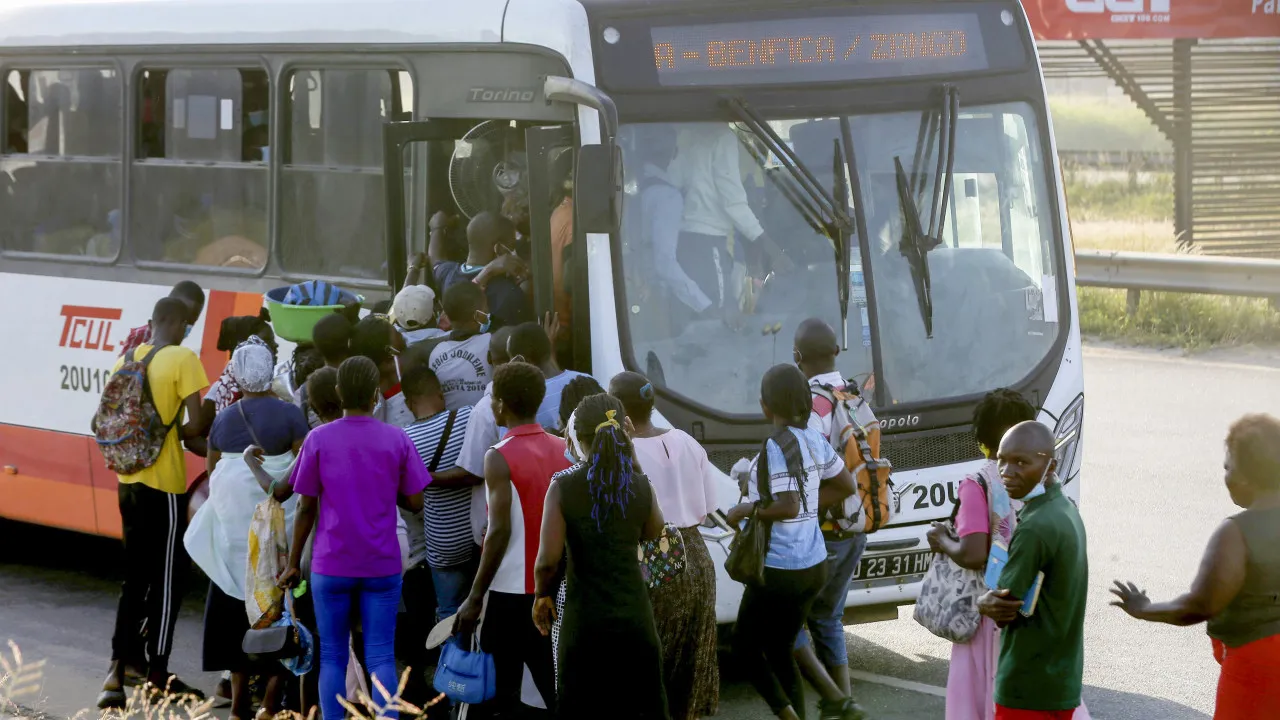The new Portuguese Agency for Migration and Asylum will be an institute equivalent to a public business entity and, according to a draft law that is being finalized, its president will earn between 25 and 56% more than the heads of the other entities that will take over SEF’s competences.
The salary of the director of the new Portuguese Agency for Migration and Asylum (APMA), which will inherit the administrative functions of SEF, may reach eight thousand euros – much higher (between 25 and 56% more) than the salaries of the national directors of the Judiciary Police and the PSP, the commander-general of the GNR, who receive the police competencies, and even higher than the president of the Institute of Registries and Notaries (IRN), with whom part of the administrative functions will be shared.
In accordance with what was foreseen in the decree-law restructuring the SEF, APMA, which will be under the authority of the Presidency of the Council of Ministers, will have the mission of “implementing public policies on migration and asylum issues, namely the regularization of the entry and stay of foreign citizens in national territory, issuing opinions on requests for visas, asylum, and the installation of refugees, as well as participating in the execution of the Portuguese State’s international cooperation policy in the scope of migration and asylum.
According to what was confirmed to DN by several sources that were consulted, APMA will be a “public institute equivalent to a public business entity” and the “members of the Board of Directors will be subject to the status of public manager, for remuneration purposes. It is expected that the Board of Directors will consist of a president and two members.
These leaders will be appointed by Resolution of the Council of Ministers, under proposal of the member of the government responsible for the area of migration – in this case the deputy minister Ana Catarina Mendes – whose resumes will be evaluated by the Commission for Recruitment and Selection for Public Administration (CRESAP).
The law states that “the remuneration of public managers includes a monthly salary that cannot exceed the monthly salary of the Prime Minister,” close to 5,800 euros, and managers are also entitled to a “monthly allowance, paid 12 times a year, for representation expenses in the amount of 40% of their salary,” or about 2,300 more euros. The total can reach, for the president, more than 8000 euros and for the members more 6000.
In the remuneration table published by the Directorate General of Public Administration and Employment are indicated the salaries of public managers, according to the classification of the company.
In the case of the president, it can go from 6,616.30 € to 8,270.37 €, higher than that of the top police chiefs. The vice-presidents or members receive between 5,954.68 euros and 7,443.34 euros. Voting members are paid from €5,293.04 to €6,616.30.
The national director of the PJ earns 6580 euros; the national director of the PSP has a salary of 5999 euros; and the general commander of the GNR also earns about 5300 euros – in other words, if APMA is fixed by maximum levels, its president will earn about 25% more than Senior Coordinator Luís Neves, 37% more than Chief Superintendent Magina da Silva and 56% more than General Santos Correia.
Criteria of “complexity, demand and responsibility
According to the decree-law that establishes the rights and duties of public managers, “the monthly salary of public managers is determined according to criteria arising from the complexity, demands, and responsibility inherent to their functions and taking into account normal market practices in the respective sector of activity.
While admitting that “several versions of the proposed law have already been circulated,” DN’s sources assure that this intention has remained unchanged, recognizing the “discomfort” it is causing.

Questioned by the DN, the office of the deputy minister Ana Catarina Mendes, considers it “premature to discuss or share the status of a diploma that is still being worked on/finalized by the various governmental areas, i.e., the process is not concluded.
An official source underlines that this “has been a very demanding and complex process that has relied on the contributions of several governmental areas that continue to meet frequently and work on the diploma”, stressing that “the paradigm shift, which translates into a change in the way Public Administration relates to immigrants, has many practical implications and requires in-depth work regarding the revision of several normative instruments”.
Although the creation of the APMA has been foreseen since November 2021 with a deadline of 60 days and, as far as police functions are concerned, the Minister of Internal Administration, José Luís Carneiro, and the Minister of Justice, Catarina Sarmento e Castro, have already solved the situation of the transfer of competences to the GNR, PSP (in border control) and PJ (criminal investigation), the delay in creating the APMA is conditioning the process, which has already been postponed twice and has a new deadline in March this year.
PSD: “Casual rather than structured decisions
The stalemate has even had an impact on the European Commission’s ongoing inspection of Portuguese border security. The experts of the so-called “Schengen evaluation” who came to check whether the strengthening of the SEF had been implemented, according to the recommendations they had made in 2017, were faced with this security service being abolished and with its powers divided among five entities, forcing them to postpone this component of the inspection.
André Coelho Lima, the PSD deputy who is following this dossier, considers that this scenario “is very difficult to understand, that more than a year and a half after what was determined in the decree-law, APMA has still not been created.
Coelho Lima did not want to comment on the specific issue of the possible remuneration of the Agency’s management, but he notes that “as the PSD itself defended in its program, which was the separation of administrative and police functions at SEF, a measure with which the PSD also agrees, and not the extinction of this security service, what is now being thought for APMA, could also have been thought for the administrative functions at SEF or even, in a more holistic vision that we have defended, for a structure that encompasses the administrative functions of all security forces”.
However, he stresses, “as always the PS government prefers to take casuistic decisions rather than structured ones”. The deputy also points out that, “as had already happened with the cooperation protocol recently signed between SEF, GNR, PSP and PJ – which determines the permanent coordination and which could perfectly well have been adopted previously – and now with this issue of APMA, which is isolated, it becomes increasingly clear that the extinction of SEF was totally unnecessary to separate the police from the administrative part”.
The foreign population residing in Portugal increased in 2022 for the seventh consecutive year, totaling 757,252, and the Brazilian and Indian communities were the ones that grew the most, according to the SEF. Brazilian citizens remain the main foreign community residing in the country, totaling 233,138 people, 28,444 more (13%) than in 2021.
Updated at 5:50 pm with the exact salary differences.








